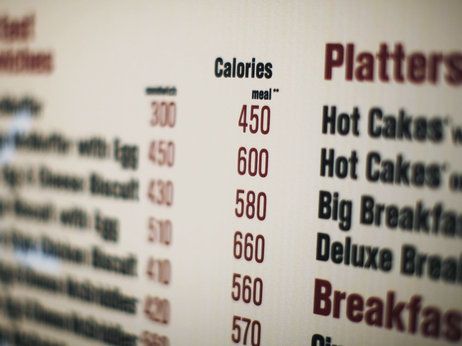Price interventions can be one of the most effective ways of changing behaviour – particularly for reducing consumption of tobacco and alcohol – but public support for these interventions is usually low. In this focus group study, three themes emerged…
Professor Dame Theresa Marteau discusses her life as a scientist with medical student Chloe Gamlin
For International Women’s Day, Chloe Gamlin, University of Cambridge medical student and President of the student society for general practitioners at Cambridge, asked leading behavioural scientist Professor Dame Theresa Marteau to describe her career and how being a woman has influenced her work.
Click ‘Read more’ for their discussion
Nutritional labelling on menus in restaurants and cafes may reduce our calorie intake, according to new Cochrane Review evidence
New evidence published in the Cochrane Library shows that adding calorie labels to menus and next to food in restaurants, coffee shops and cafeterias, could reduce the calories that people consume, although the quality of evidence is low.
Read the Cochrane review
Professor Susan Jebb and Professor Theresa Marteau discuss the findings of this Cochrane Review in The Conversation.
How are low/er strength wine and beer products marketed online?
Our study compared the main marketing messages conveyed by retailers and producers for low/er and regular strength wine and beer products in the UK.
We found that compared with regular strength wines and beers, low/er strength products were more often marketed in association with occasions deemed to be suitable for their consumption including lunchtimes, outdoor events/barbeques, or on sports and fitness occasions.
Does placing unhealthy snacks further away reduce the likelihood of consumption?

In two studies, we found that people are less likely to take chocolates when they are placed an extra 50cm away. This effect seemed to work similarly regardless of a person’s current level of self-control.
This shows that placing unhealthy food further away may be a simple but effective way to reduce the likelihood of consuming these snacks.
Effect of snack-food proximity on intake in general population samples with higher and lower cognitive resource. Hunter, Hollands, Couturier, Marteau, 2018.




